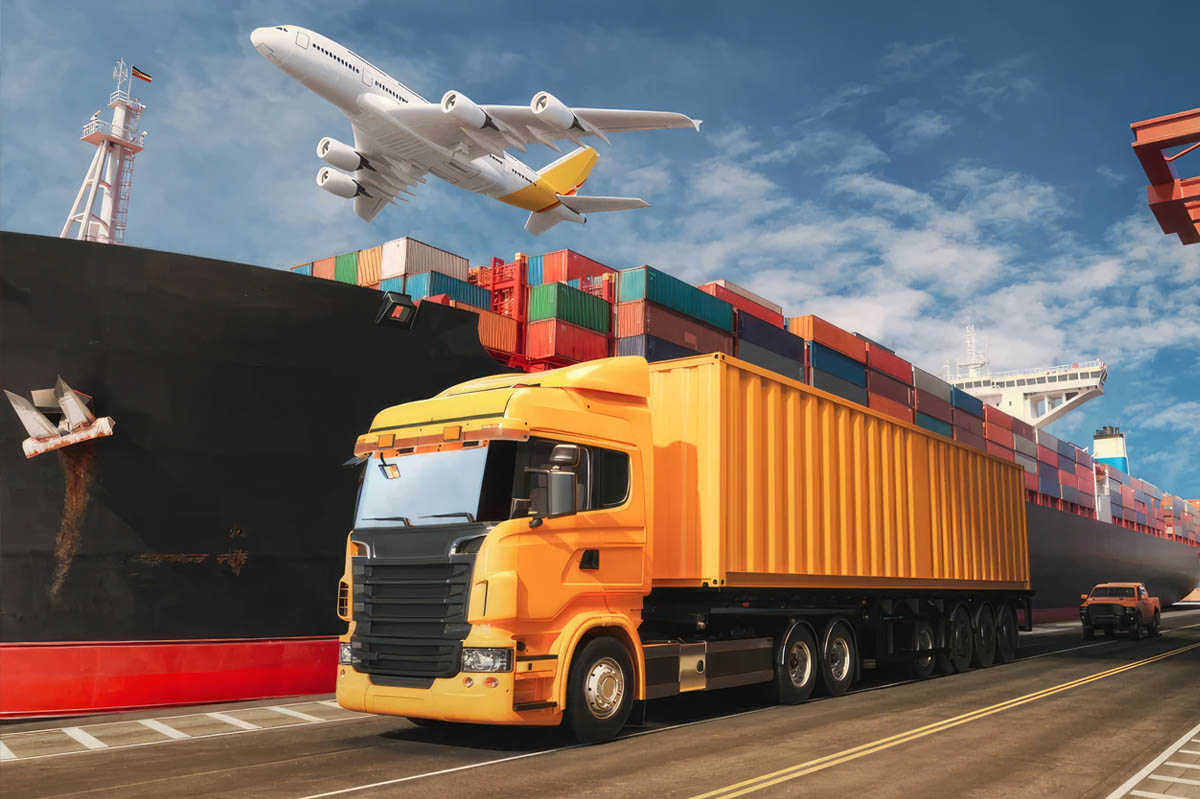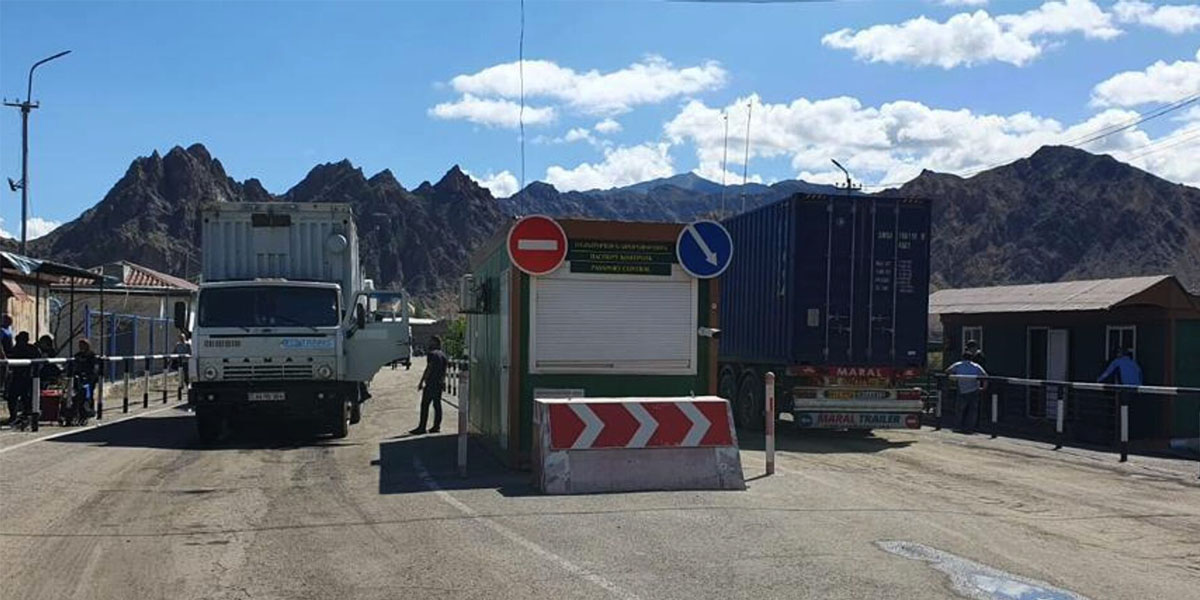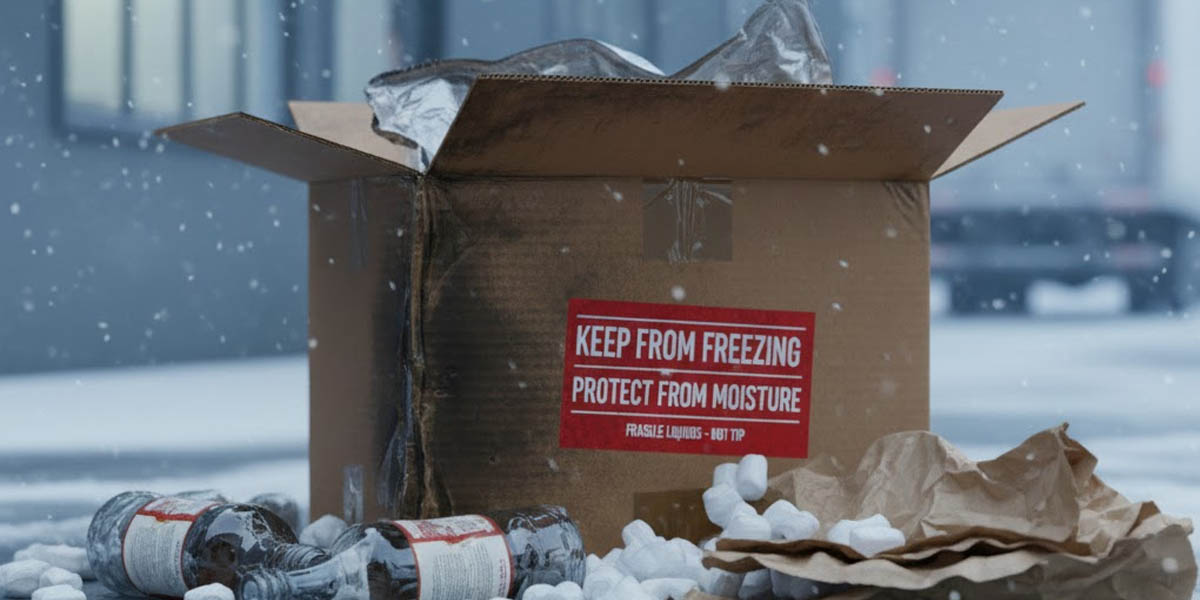Blog


Choosing the right freight transport provider is a critical decision that directly impacts the safety and timeliness of your shipments. Start by evaluating fundamental indicators of service quality. Reputation is paramount—look for companies with a track record of successful deliveries, verified customer feedback, and long-standing presence in the market.
A reliable logistics provider should specialize in your shipping region and demonstrate experience with long-distance or international routes. The longer a company has operated, the more refined its procedures, contacts, and route networks are likely to be. Confirm whether the company owns its fleet and equipment suited to your type of cargo: having access to modern trucks, refrigerated trailers, or containers increases the likelihood of safe, on-time delivery.
Ask what guarantees the company offers. Reputable providers typically offer cargo insurance (such as CMR coverage) and clearly define liability terms in the event of delays or damage.
Lastly, check whether the company is a member of recognized industry associations (like ASMAP, IAM, etc.)—such affiliations often reflect credibility and adherence to industry standards. For instance, membership in the International Association of Movers (IAM) is considered a mark of reliability.
How to Verify a Company's Reputation
Conduct thorough due diligence before selecting a transport provider. Start by reviewing the company’s official website and public information. A transparent business typically lists its legal credentials, licenses, team leadership, and corporate history.
Read customer reviews via platforms like Google, industry-specific forums, or social media. A few consistent positive testimonials and partner recommendations are a good sign; recurring complaints are a red flag.
Ask colleagues or business peers in related industries about their experiences with specific logistics companies. Firsthand accounts often reveal valuable insights.
Verify official documentation. In many countries (e.g. Russia), transporting freight above certain volumes requires a government-issued license—for example, road freight operators need authorization from the Federal Service for Transport Supervision (Rostransnadzor). Air carriers should be authorized by civil aviation authorities and ideally be members of IATA.
Inquire about insurance. Professional carriers typically offer CMR liability insurance or optional additional coverage. Also look for certifications or partnerships—such as ISO accreditation, memberships in logistics associations, or participation in business chambers—which indicate compliance with established operational standards.
These checks will give you a comprehensive picture of the company’s credibility and help you avoid fly-by-night operators.
Key Questions Before Signing a Contract
Before committing to a transport contract, clarify the following:
- Delivery terms and timelines. Define the pickup and drop-off locations, delivery schedule, and permissible delays. The more specific the terms and pricing, the fewer disputes later.
- Tracking and updates. Ask whether the company provides online cargo tracking (e.g., GPS, customer portals) and how frequently status updates are issued.
- Cargo insurance. Determine who provides insurance and to what coverage limit. Some carriers include basic insurance in their rates; others offer it as an add-on.
- Liability and penalties. Understand the procedure if delays or damage occur. What force majeure conditions are recognized (e.g., weather, conflict, pandemic), and what are the associated liabilities? Ask for penalty rates and compensation policies. Note that under the CMR Convention, the standard liability cap for international transport is 8.33 SDR per kg—beware of any excessive liability waivers.
- Customs clearance. For cross-border shipments, determine whether customs paperwork will be handled by your company, the carrier, or a third-party broker. Trusted carriers often offer full customs support.
- Payment terms and additional charges. Agree on currency, invoicing cycles, down payment requirements, and any surcharges (e.g., for waiting time, night shifts, tolls). Ask about late payment penalties as well.
Best Practices for Contract Finalization
When drafting a freight transport agreement, consider the following:
- Clarity of language. Contracts should be written in plain, unambiguous language, avoiding unnecessary jargon. All provisions should be clear to both parties.
- Verification of details. Double-check all critical information: company name, legal address, bank details, and contact information. Errors in payment details can lead to financial loss, and by law, sending funds to incorrect bank accounts may still be considered fulfillment of payment.
- Fair conditions. Review sections on fines and penalties carefully. Avoid agreeing to excessive penalties or clauses that drastically reduce the carrier’s liability. Under most jurisdictions, a carrier is fully liable for loss or damage if at fault, and unreasonable disclaimers may be legally contested.
- Complete coverage of key terms. Include all essential contract details—destination, shipping cost, timelines, type and quantity of cargo, etc. Omitting critical items may render the contract unenforceable. Courts often treat even route specifics or packaging responsibilities as essential terms.
- Tailored terms per shipment. Avoid generic contract templates. Each cargo type and route may involve unique risks (e.g., hazardous goods or special handling requirements). When necessary, use a master agreement with individual annexes for specific shipments (e.g., bills of lading, specs).
- Legal review. For large or recurring shipments, consider involving a lawyer in contract preparation. Legal experts can help identify weak clauses, ensure compliance with evolving regulations (e.g., related to sanctions or customs), and protect your business interests.
By following these recommendations and asking the right questions, you can confidently select a reliable logistics provider for domestic and international freight—whether by road, air, or multimodal transport. Comprehensive vetting, clear expectations, and a sound legal agreement are key to minimizing risk and ensuring your cargo arrives safely and on time.


